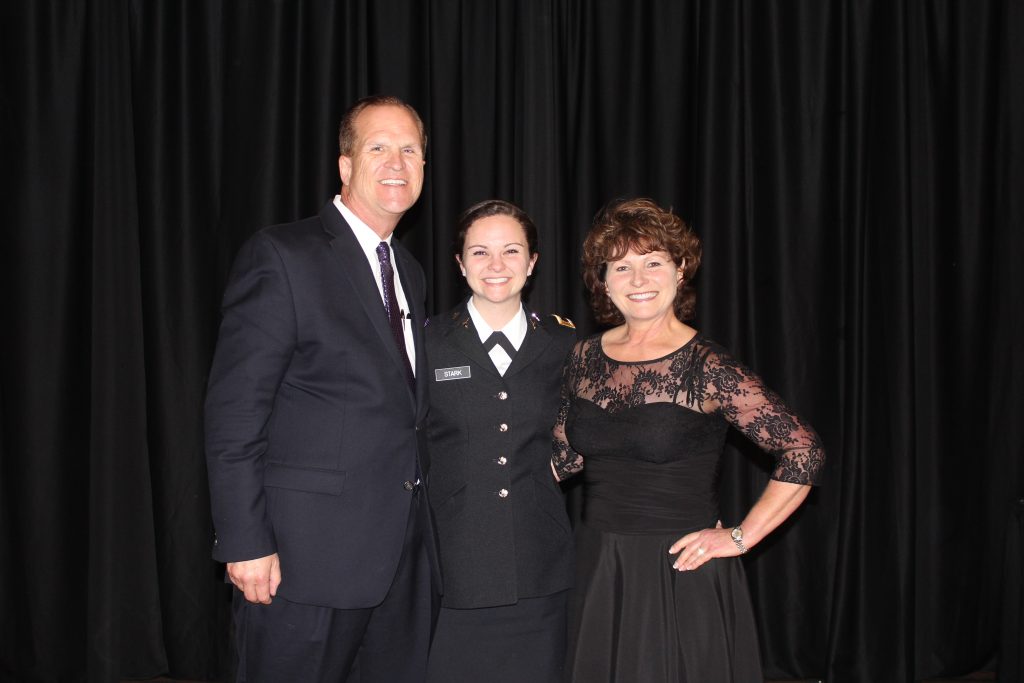Communication, Leadership, Leading Change
Ground Zero: Leading When You are at the Epicenter of The Crisis
We are all feeling the pain of this COVID-19 crisis. As leaders, we have seen firsthand how people on our team react. Some of our team members handle stress well and are able to make decisions to improve the condition of our team. Other team members, not so well. Some team members can take a small incident and blow it up so the whole organization feels the severity of the situation.
On April 11th, I received a text from an Army Reserve Officer saying they needed advice. Late in March, this nurse leader was called to active duty to fight the coronavirus on the front lines of New York and New Jersey with over 500 other reserve soldiers. This medical unit is the 452nd Combat Support Hospital. Every day they yell in formation, “Trained to Serve, Honored to Save.” This group mobilized to active duty within 48 hours and as Major General Joe Robinson said in a great leadership speech to the troops, “Never in the history of the United States has medical been the war fighter. But we are the war fighter. We are the tip of the spear.” Over my career, I have coached leaders in a lot of difficult and stressful situations. The best way I can describe what this officer told me about the situation was that the environment and information was changing so rapidly, it made it almost impossible to make and communicate solid decisions to the rest of the team. So, what would you do if you were leading in this type of high stress, rapidly changing environment? Here are my suggestions:
- Gather and clarify facts and information. In chaos, everyone is communicating different information. Verify with a few people to ensure your information is the best available at the moment.
- Acknowledge emotions. Get your team members to talk about what they are feeling. Everyone is most likely feeling stress, frustration, and anxiety. Emotions are real. Let your team members know that you are feeling some of the same emotions that they are feeling.
- Shift to action. Talking about feelings is good. Taking action is critical for success in a crisis. Get people focused on what are the most important top three to five actions the unit/soldier needs to accomplish today/this week.
- Set expectations. Let your team members know that you are communicating and giving direction based on the best information you have at the moment. Let them know that like everything else you have experienced, you expect the communication will once again change…maybe in the next few minutes. Your commitment to them is to…
- Be honest and tell the truth. When you know information, share it with them. Even information that will frustrate them or that they don’t want to hear. You believe that people will make the best decisions when they have the best information available. If they have questions, you want them to ask you. If you don’t have the answer, you will work hard to find the answer. The only time you gain points for being honest is when it cost you something to be honest. Someone says, “Does anyone know what they are doing?” You respond, “I need you to know that if I were in your shoes, I might be asking the exact same question. What specific information do you want clarified?”
- Thank team members and recognize success. Tell team members you are so grateful for their help in doing X, Y and Z. When team members do get tasks done, you are able to add value by strategically leading the team. Your success as a leader is in direct proportion to the value you can add. Most often, the value added is on the people side of leadership, not doing a task.
- Develop your sense of humor. There is a lot of funny stuff happening during this deployment. Find it and develop some great stories to tell. Only confident people can laugh at difficult situations.
- Confidence: Remember one thing. You got this. You just need to be able to learn, adapt and lead. And, remember to breathe.
Last, taking my own advice of “be honest and tell the truth,” this young Army Reserve Officer nurse is my daughter, 1LT Brooke Stark O’Connor, 452nd Combat Support Hospital; Warrior medics: Trained-Ready-Capable. We can all learn from them in this crisis and be better. Carry on!
Major General Joe Robinson’s speech to the troops
“Do you understand the magnificence of what you have just done? You are about to go into war. This is our war. Never in the history of the United States Military has medical been the warfighter, but we are the warfighter. We are the tip of the spear. The active duty has sent out what they can, and now they have called upon us. We have answered that call and have done it faster than it has ever been done in the history of the US Army. Be proud of what you’ve done; be proud of what you are doing. You are patriots, you are true minuteman, and I cannot tell you the pride that I feel when I stand and see you ready and go out the door in less than 48 hours. God bless every one of you. God bless every one of your families for letting you do it.”











Leave a reply